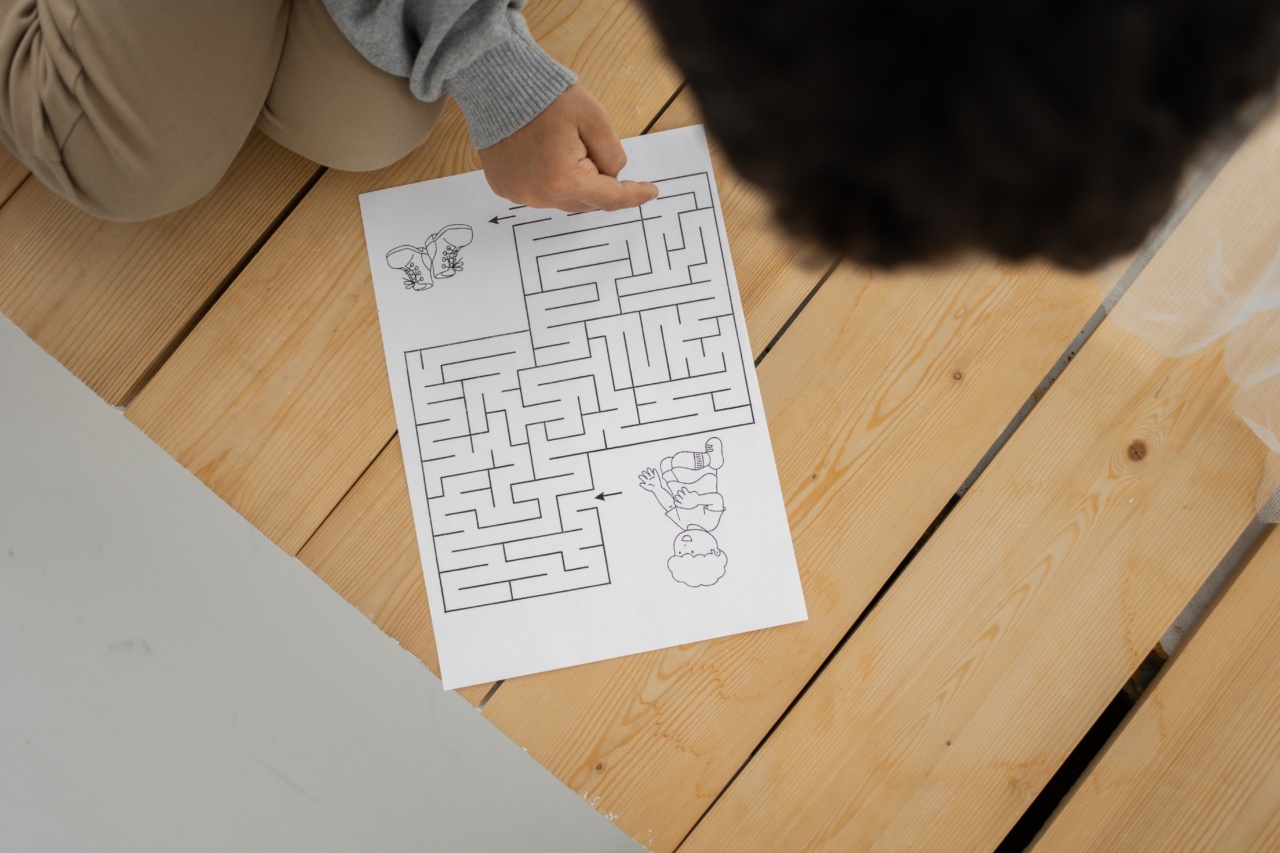Puzzles are popular activities that people engage in for recreation and entertainment. However, recent studies have shown that puzzle-solving has positive effects on brain function.
In this article, we will discuss the impact of puzzle-solving on brain function based on research.
What are Puzzles?
A puzzle is a game or problem-solving activity that involves figuring out solutions to a problem. Puzzles can be physical, such as jigsaw puzzles, or digital like crossword or Sudoku puzzles.
Puzzles usually have hidden clues, riddles, or challenges that need to be solved for completion. Puzzles are used to entertain, educate, and challenge human intelligence.
The Benefits of Puzzle-Solving on Brain Function
The benefits of puzzle-solving on brain function are numerous and varied. Here are some ways solving puzzles can positively impact brain function:.
1. Problem-Solving Skills
Solving puzzles helps to develop problem-solving skills. Puzzles require logical thinking and deduction, which are essential skills for solving problems in real life situations.
These skills help to improve brain function and cognitive abilities, including memory retention, attention span and critical thinking.
2. Memory Skills
Memory retention is necessary when solving puzzles because to complete a puzzle, you need to remember the clues and make connections between them. This helps to reinforce memory retention and improve recall.
Regular puzzle-solving has been found to have a positive impact on memory recall, reducing the risk of degenerative diseases, including dementia, in later life.
3. Increased Creativity
Puzzles require creative thinking and imagination to solve. By engaging in creative activities such as solving puzzles, individuals develop their creativity, which helps in problem-solving and decision-making in other aspects of their lives.
4. Improved Mood
Solving puzzles can be an effective way to take your mind off negative thoughts and reduce feelings of anxiety or stress. Studies show that puzzle-solving can have a therapeutic effect that engages the brain and can improve mood.
5. Increased Concentration
Puzzle-solving requires strong concentration and focus to complete. As individuals solve puzzles, they develop their concentration skills, which are crucial for success in various aspects of life.
6. Enhanced Cognitive Skills
The complexity of a puzzle requires various cognitive skills, including visual perception, spatial reasoning, and attention to detail.
Solving puzzles help in building these skills, which are crucial for success in all areas of life, both personal and professional.
7. Stress Relief
Solving puzzles can serve as a source of stress relief and relaxation. Puzzles stimulate the brain and lower stress hormones which negatively affect the cognitive functions of the brain.
Puzzle-Solving and Brain Plasticity
Research studies have demonstrated that puzzle-solving can enhance brain plasticity, which is the ability of the brain to change and adapt over time.
Solving puzzles can help to strengthen neural pathways and create new ones, thereby increasing brain plasticity. Improving brain plasticity is beneficial as it can help to reduce the effects of aging, and can also offset the effects of brain damage resulting from injuries.
The Impact of Puzzle-Solving on The Elderly
The elderly are the group that can benefit the most from puzzle-solving. The effects of aging can have adverse effects on cognitive abilities such as memory retention, critical thinking, and attention span.
Regular puzzle-solving has been found to be helpful in improving cognitive functions and delaying cognitive decline in the elderly.
The Bottom Line
Solving puzzles may seem like a simple and fun activity, but it has numerous benefits on brain function. Regular puzzle-solving can help to develop cognitive skills, improve memory retention, increase creativity and reduce stress levels.
Puzzles are inexpensive, and there are several different types available, making them an easy and fun way to improve brain function.






























